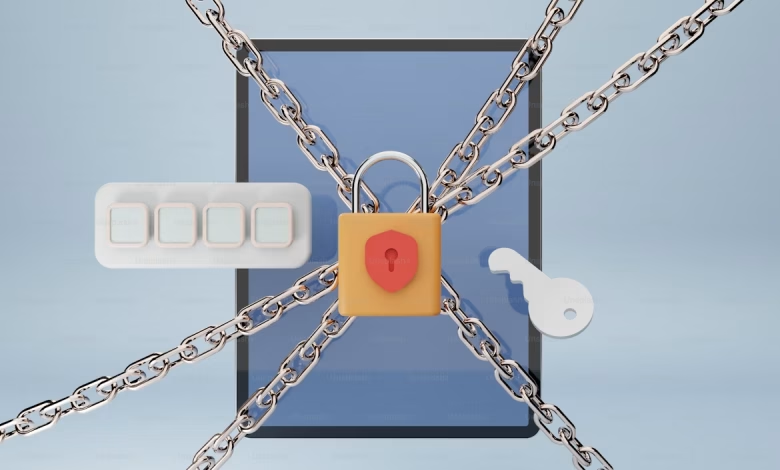
Setting the Stage: The High-Stakes World of Digital Defense
Last year, ransomware gangs drained billions from U.S. companies while hospitals diverted patients because critical systems were frozen. One major Texas municipality lost weeks of public service access after a phishing email took root in its network. The carnage is not slowing. Demand for skilled defenders is exploding, and the shortfall of qualified professionals leaves high-value targets wide open. This is not a tech fad. It is a relentless arms race where those without skill and speed get burned.
Cybersecurity Degrees Offered in Texas
Community colleges across Texas pump out associate degrees in roughly two years, often requiring 60 credit hours. They are quick pivots for those seeking marketable skills without sinking four years into study. Bachelor’s programs, typically 120 credit hours over four years, dive deeper into theory and strategy. They are ideal for fresh high school graduates who want a robust foundation. Master’s programs, often around 30 to 36 credits, sharpen leadership and specialized expertise. These fit professionals aiming to move into higher-stakes decision-making roles.
Hands-On Cybersecurity Training in Texas
Texas programs worth their salt put students in front of real tools, not just PowerPoint theory. High-spec labs, virtual threat ranges, and grueling capture-the-flag events simulate live-fire conditions. Here, mistakes happen without shame yet reveal fatal gaps in thinking. Curricula often outline modules like “Network Defense” paired with live attack simulations. The result is muscle memory and judgment that can’t be downloaded from a textbook.
Specialization Tracks in Texas Cybersecurity Education
Digital forensics, cloud security, and risk management dominate the menu. Choose poorly and you risk boxing yourself into shrinking niches. Choose well and you ride the wave of market demand. Align your track with both your technical obsessions and the industry hunger you can verify from hiring data. Study faculty bios to see where their expertise lies. Following a mentor with real battle scars pays dividends.
Remote Cybersecurity Study Options in Texas
Fully online degrees offer geographic freedom. Hybrid formats keep one boot in the lab while cutting commutes. Synchronous classes keep you accountable with live interaction. Asynchronous formats give flexibility but demand discipline. Professionals juggling a job will find hybrid or asynchronous the practical lifelines, provided they can carve out consistent blocks of deep work.
Financial Aid for Texas Cybersecurity Students
State scholarships, federal grants, and veteran benefits can dramatically cut the bill. Private organizations and tech companies sometimes target underrepresented groups with additional funding. Apply early. The best aid often dries up months before semester start, leaving procrastinators scraping for scraps.
Accredited Cybersecurity Programs in Texas
Choosing an accredited program is non-negotiable. A cybersecurity degree Texas from a CAE-CD designated school or a regionally accredited institution tells employers you did more than buy a diploma. Accreditation forces programs to meet demanding curriculum standards and survive external scrutiny. Graduates from these schools carry a credential with weight, not a decorative line on a résumé.
Career Pathways for Texas Cybersecurity Graduates
Entry-level roles cluster around analyst, SOC technician, and incident responder positions. Mid-tier titles like security engineer and penetration tester carry more autonomy and higher stakes. Salaries range from around $65K at the start to six figures with experience, according to Texas labor market data. Finance, healthcare, and government are the hungriest employers, and they rarely slow their hiring.
Professional Networks for Texas Cybersecurity Students
Texas has ISC2 and ISACA chapters in major cities plus thriving meetups focused on security research and tool development. Show up and you might find a mentor who bypasses the HR firewall for you. Internships and early project collaborations will do more for your career than another elective ever will. Alumni willing to take your call are career accelerators hiding in plain sight.
Cybersecurity Certifications and Texas Degrees
Security+, CISSP, and CEH are the most common companions to a degree. Early in your academic path, tackle Security+ when fundamentals are still fresh. CISSP fits after several years in the field. CEH is best timed when you have lab practice under your belt. Be strategic. Certification fees are steep and study hours cut into time you could spend mastering your degree work.
Securing Tomorrow: Your Next Steps in Texas Cybersecurity Education
Do not waste time on programs with stale labs, no meaningful specialization, or questionable accreditation. Seek environments where you will be tested under stress and corrected in real time. Pull course outlines, grill admissions about faculty, and map your path before committing a cent. The sooner you align your training with market demand, the sooner you become the professional others count on when the alarms start blaring.




